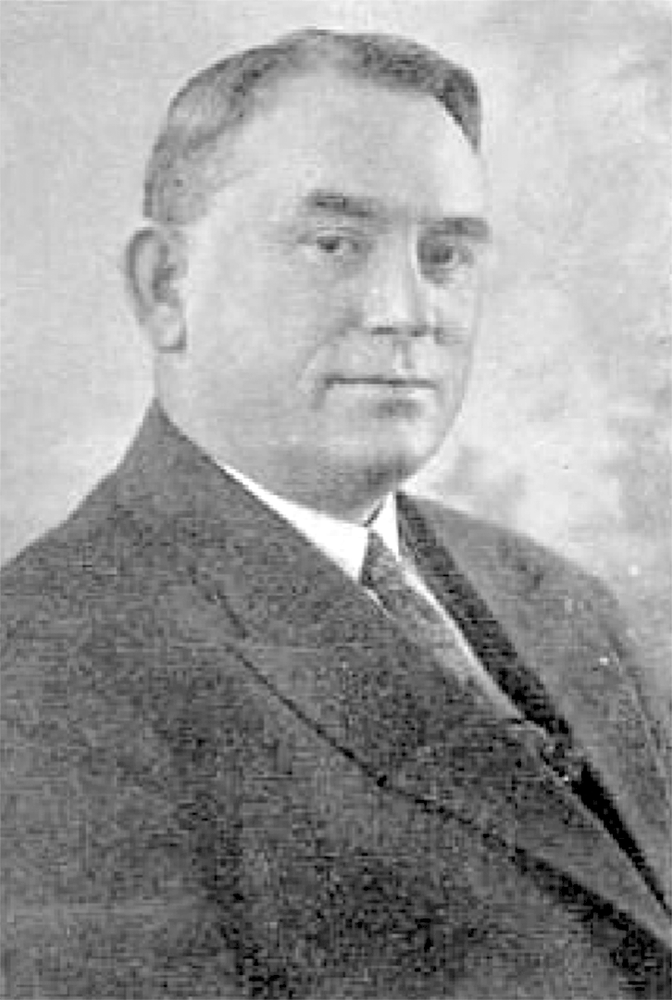Top Stories
Woman Found Guilty of Murder After Waiving Jury Trial

On March 2, 1946, a California woman named Geneva Wallace was found guilty of murdering her partner, Charles Smith. In a notable decision, Wallace had opted to waive her right to a jury trial, placing her fate in the hands of Judge Stanley Murray instead. This choice came as the District Attorney charged her with the murder that took place on December 8, 1945.
The incident unfolded in a modest residence located on a cotton farm about seven miles from Madera, California. Smith, a farm labor contractor, and Wallace, who operated a small liquor and grocery store, lived together in this rural setting. On the day of the murder, Wallace closely observed Smith as he distributed wages to his cotton workers, fearing he might run short on cash.
When Smith indeed ran out of money, he summoned Wallace to bring more from the cash box in their store. However, Wallace steadfastly refused to comply with his request. Frustrated, Smith left his seat on the porch and entered the store to retrieve the cash himself. This decision ultimately led to his tragic demise.
The trial’s outcome has raised questions regarding the judicial process and the implications of waiving a jury trial. Wallace’s choice reflects a significant risk, as the single judge’s verdict can greatly differ from a jury’s decision. The case has drawn attention in the community, particularly due to the serious nature of the charges and the circumstances surrounding Smith’s death.
While the specific details of the evidence presented during the trial remain undisclosed, the implications of this verdict resonate beyond the courtroom. It highlights the complexities individuals face when navigating the legal system and the potential consequences of their choices.
Wallace’s conviction is a stark reminder of the weighty decisions defendants must make in the face of serious allegations, especially when it comes to trusting either a jury or a single judge with their fate. As the legal proceedings conclude, the case serves as a pivotal moment in the ongoing discussion about the judicial system’s structure and its impact on defendants.
-

 Lifestyle5 months ago
Lifestyle5 months agoLibraries Challenge Rising E-Book Costs Amid Growing Demand
-

 Sports5 months ago
Sports5 months agoTyreek Hill Responds to Tua Tagovailoa’s Comments on Team Dynamics
-

 Sports5 months ago
Sports5 months agoLiverpool Secures Agreement to Sign Young Striker Will Wright
-

 Lifestyle5 months ago
Lifestyle5 months agoSave Your Split Tomatoes: Expert Tips for Gardeners
-

 Lifestyle5 months ago
Lifestyle5 months agoPrincess Beatrice’s Daughter Athena Joins Siblings at London Parade
-

 Science4 months ago
Science4 months agoSan Francisco Hosts Unique Contest to Identify “Performative Males”
-

 World5 months ago
World5 months agoWinter Storms Lash New South Wales with Snow, Flood Risks
-

 Science5 months ago
Science5 months agoTrump Administration Moves to Repeal Key Climate Regulation
-

 Business5 months ago
Business5 months agoSoFi Technologies Shares Slip 2% Following Insider Stock Sale
-

 Science5 months ago
Science5 months agoNew Tool Reveals Link Between Horse Coat Condition and Parasites
-

 Sports5 months ago
Sports5 months agoElon Musk Sculpture Travels From Utah to Yosemite National Park
-

 Science5 months ago
Science5 months agoNew Study Confirms Humans Transported Stonehenge Bluestones









